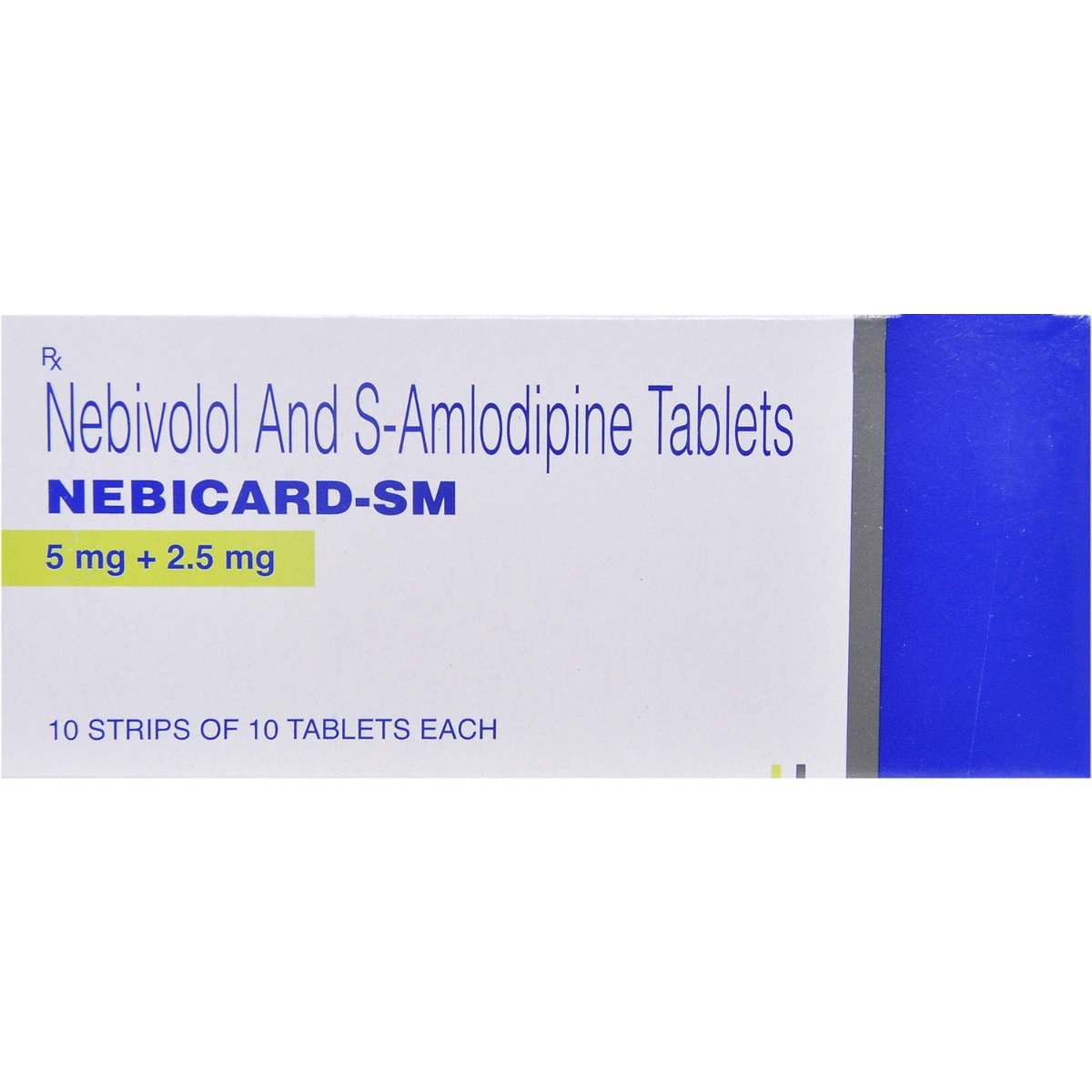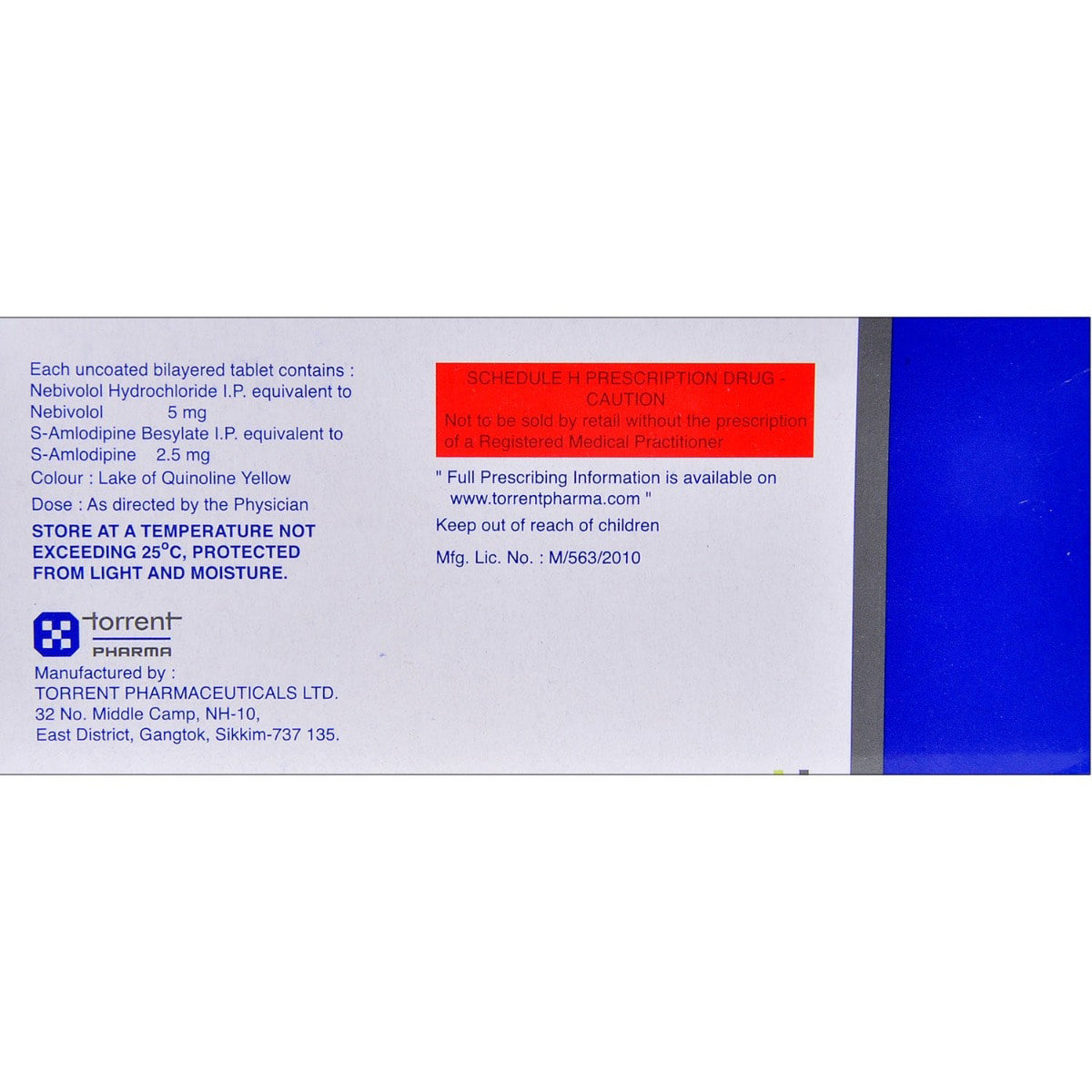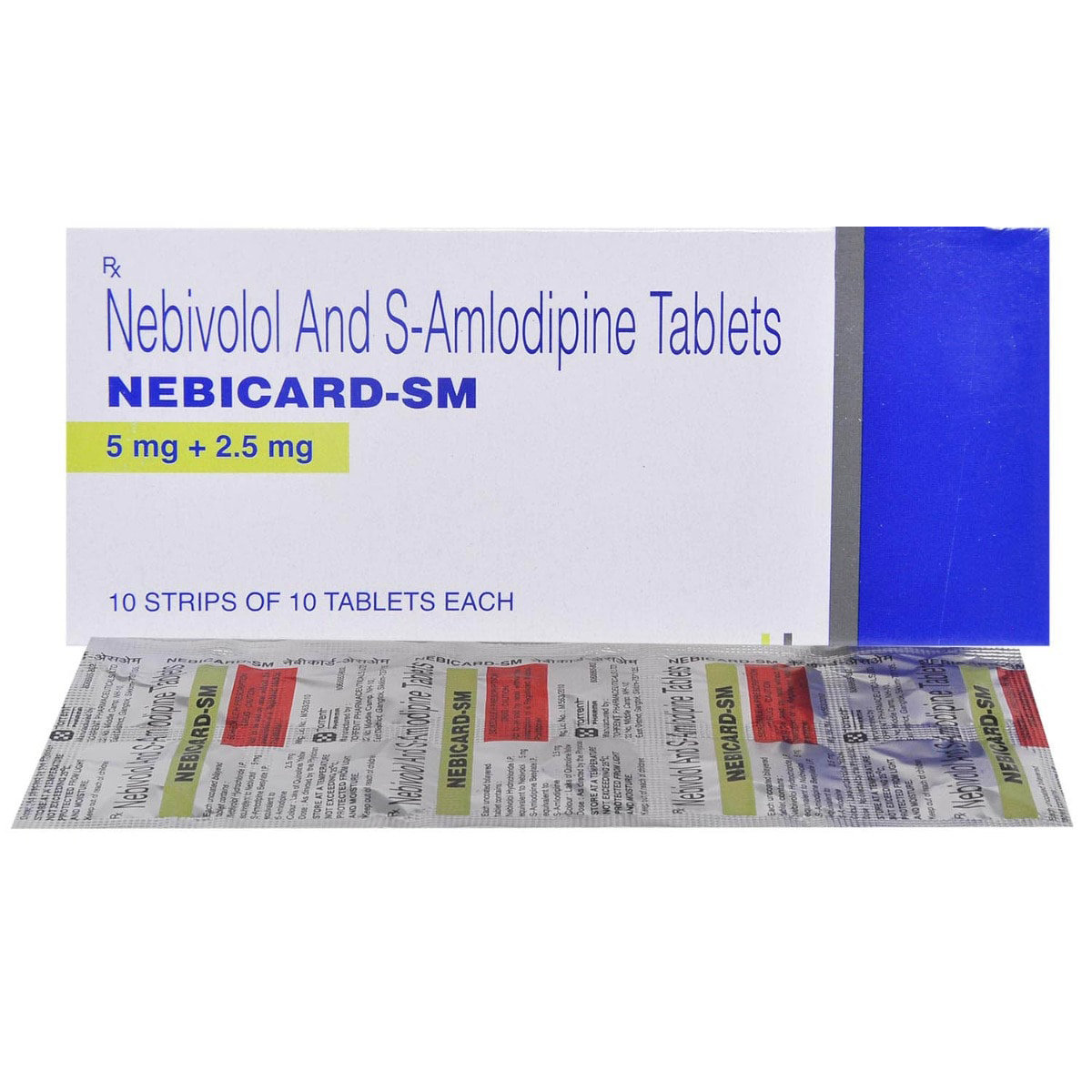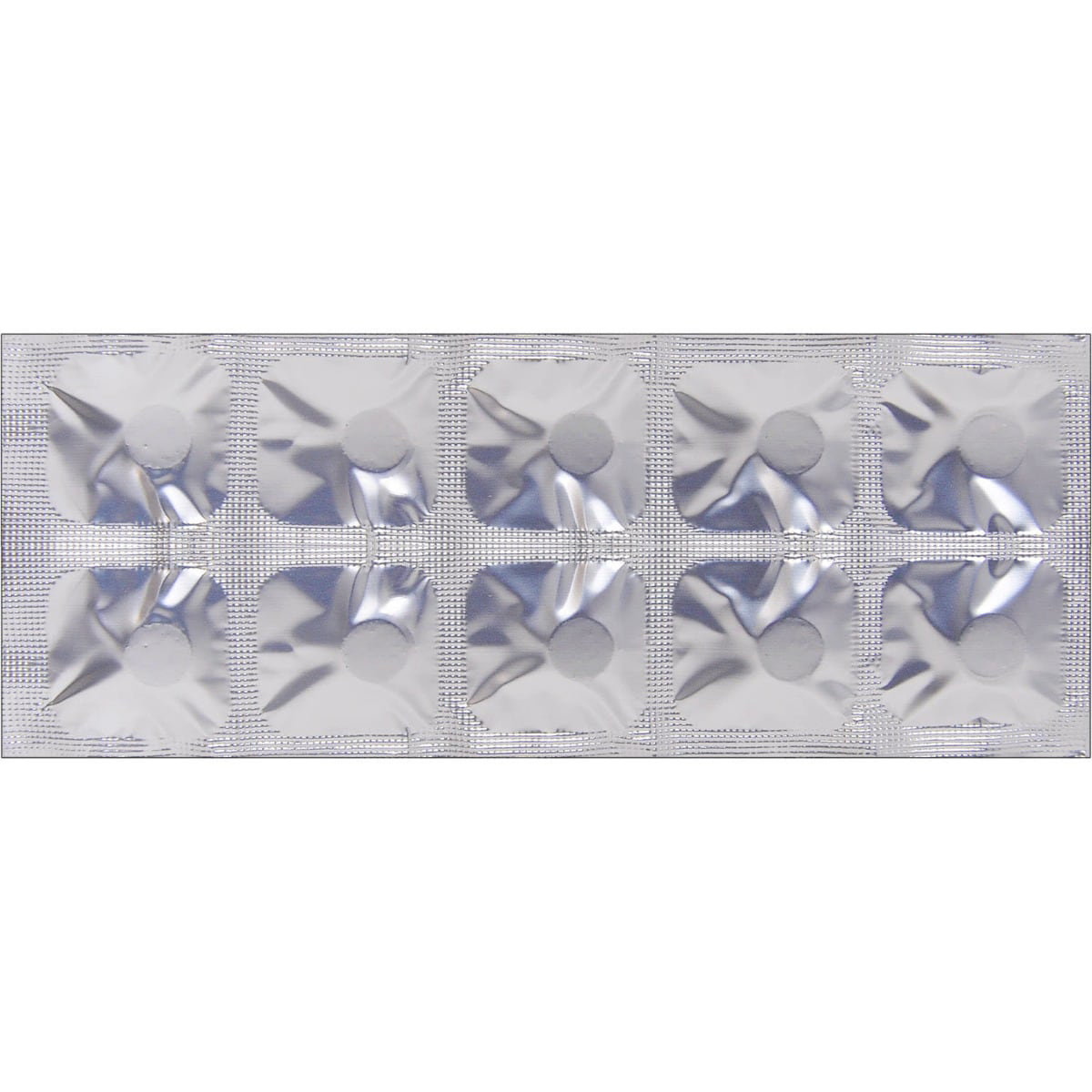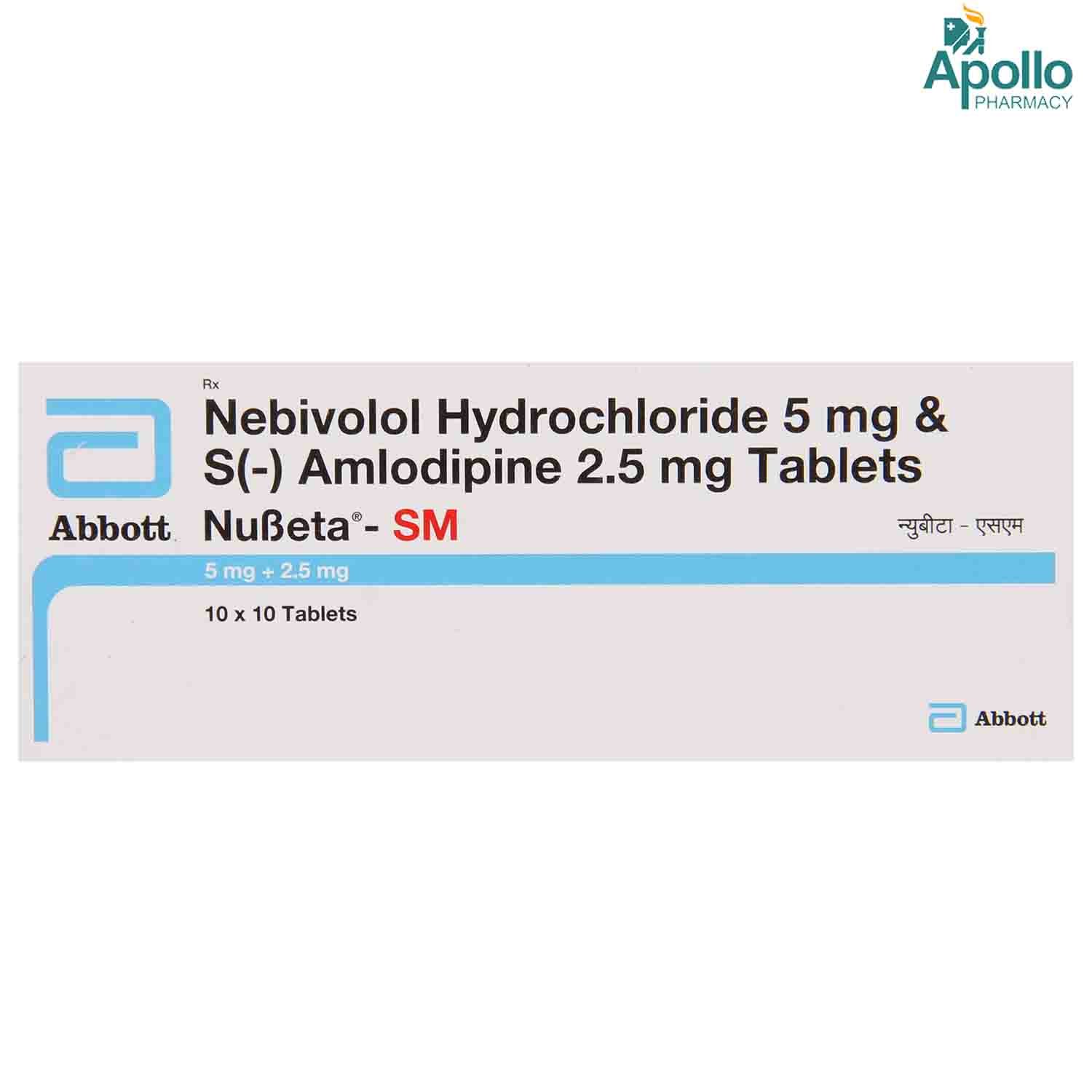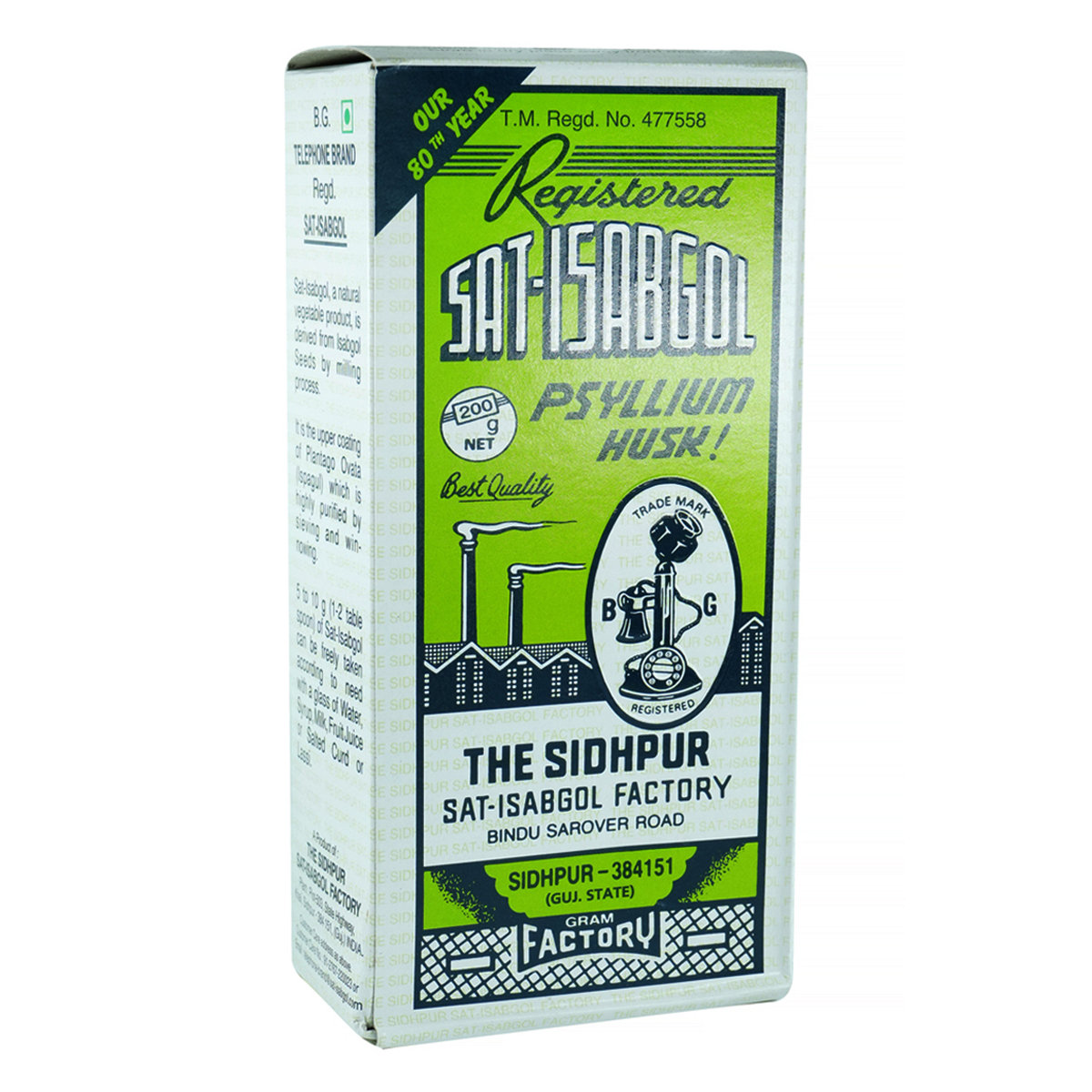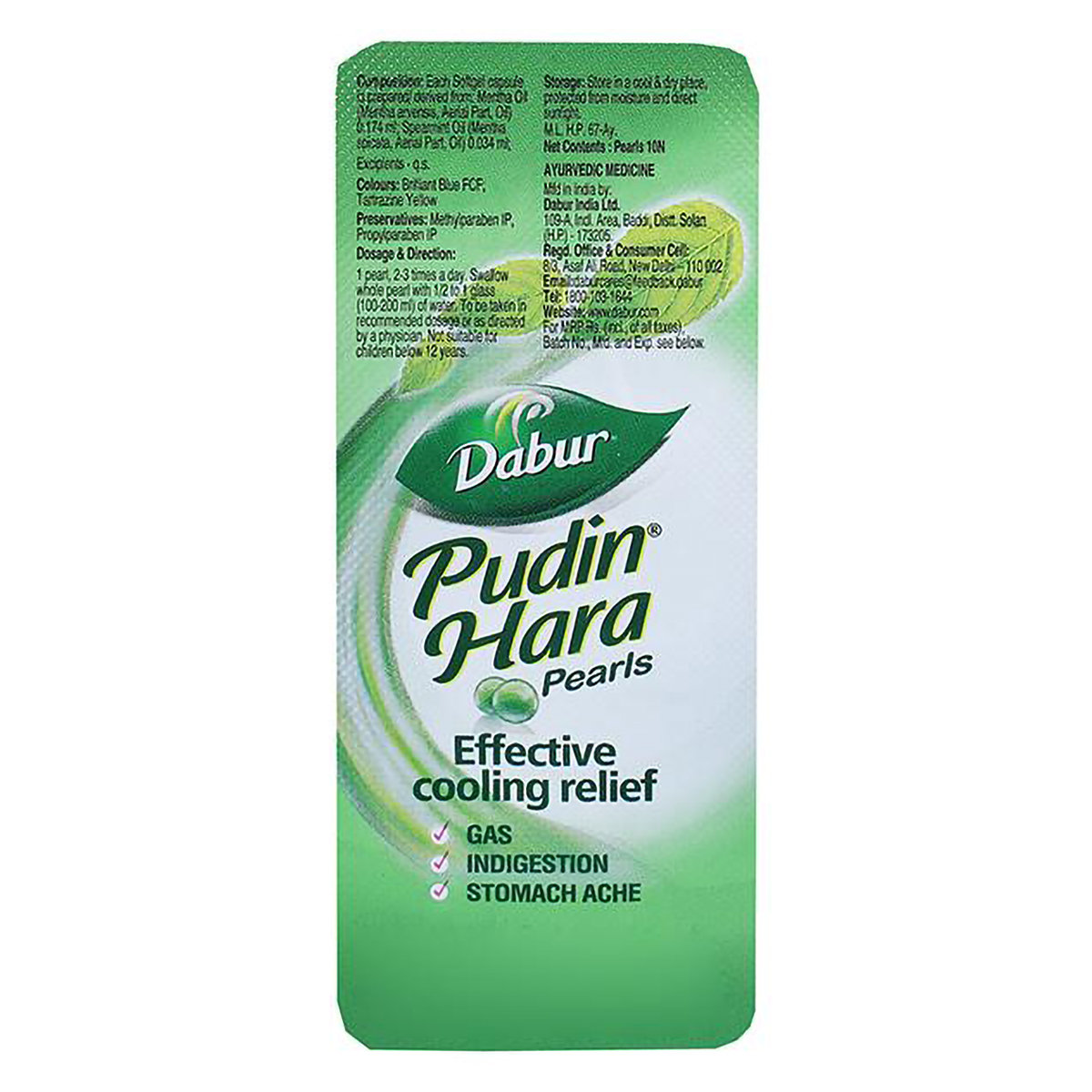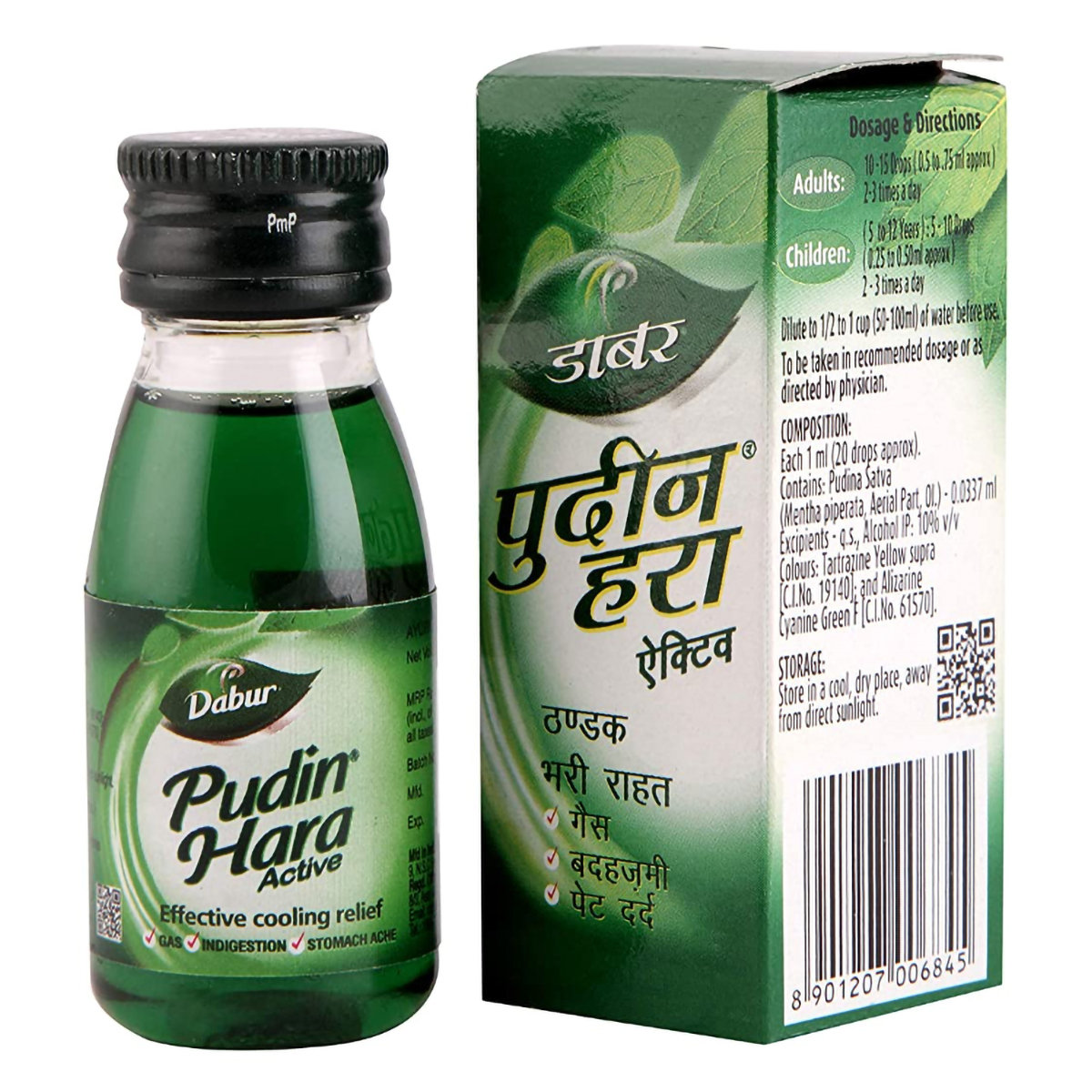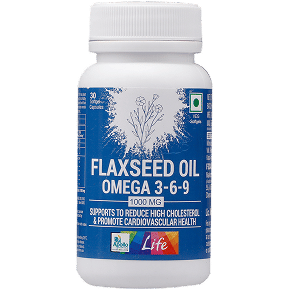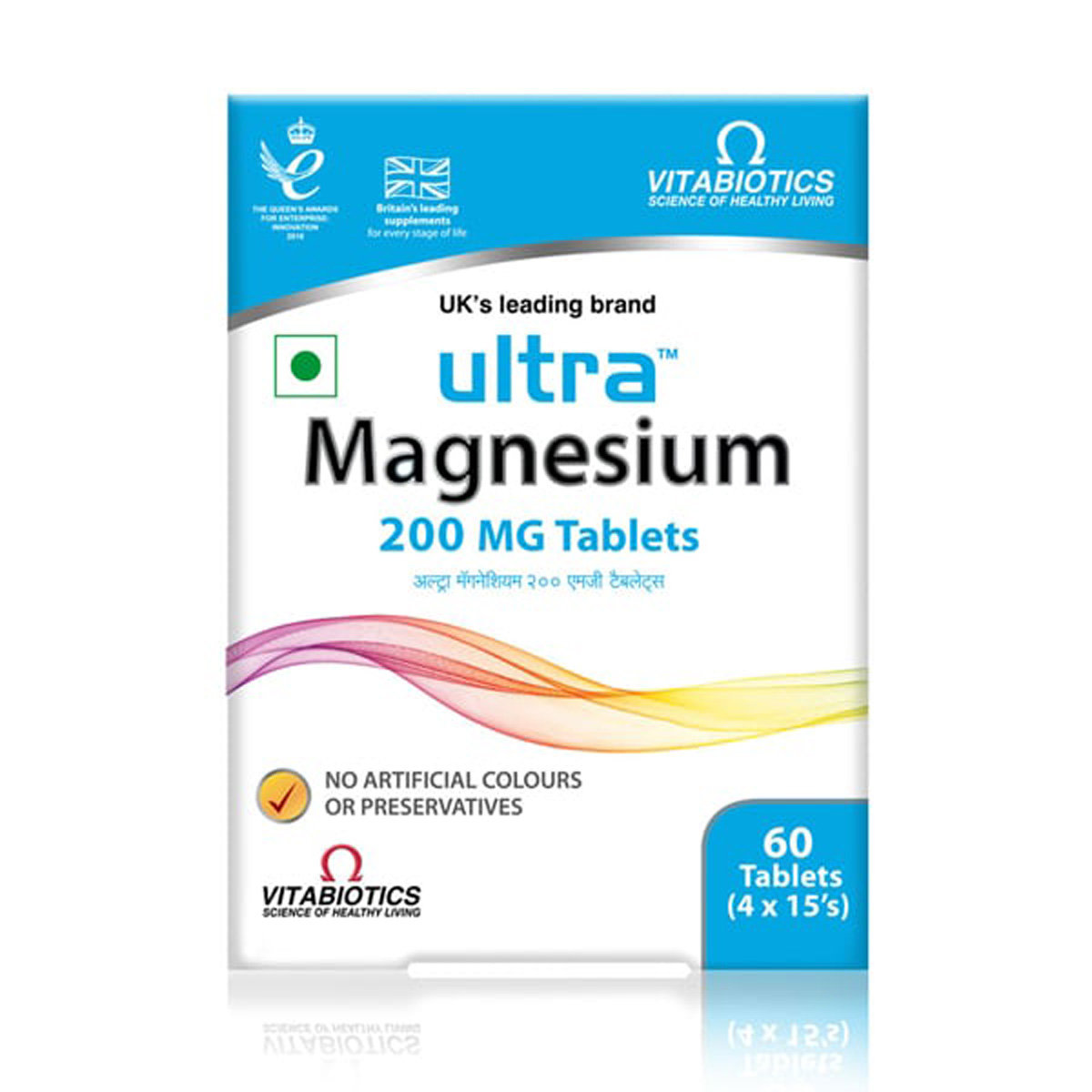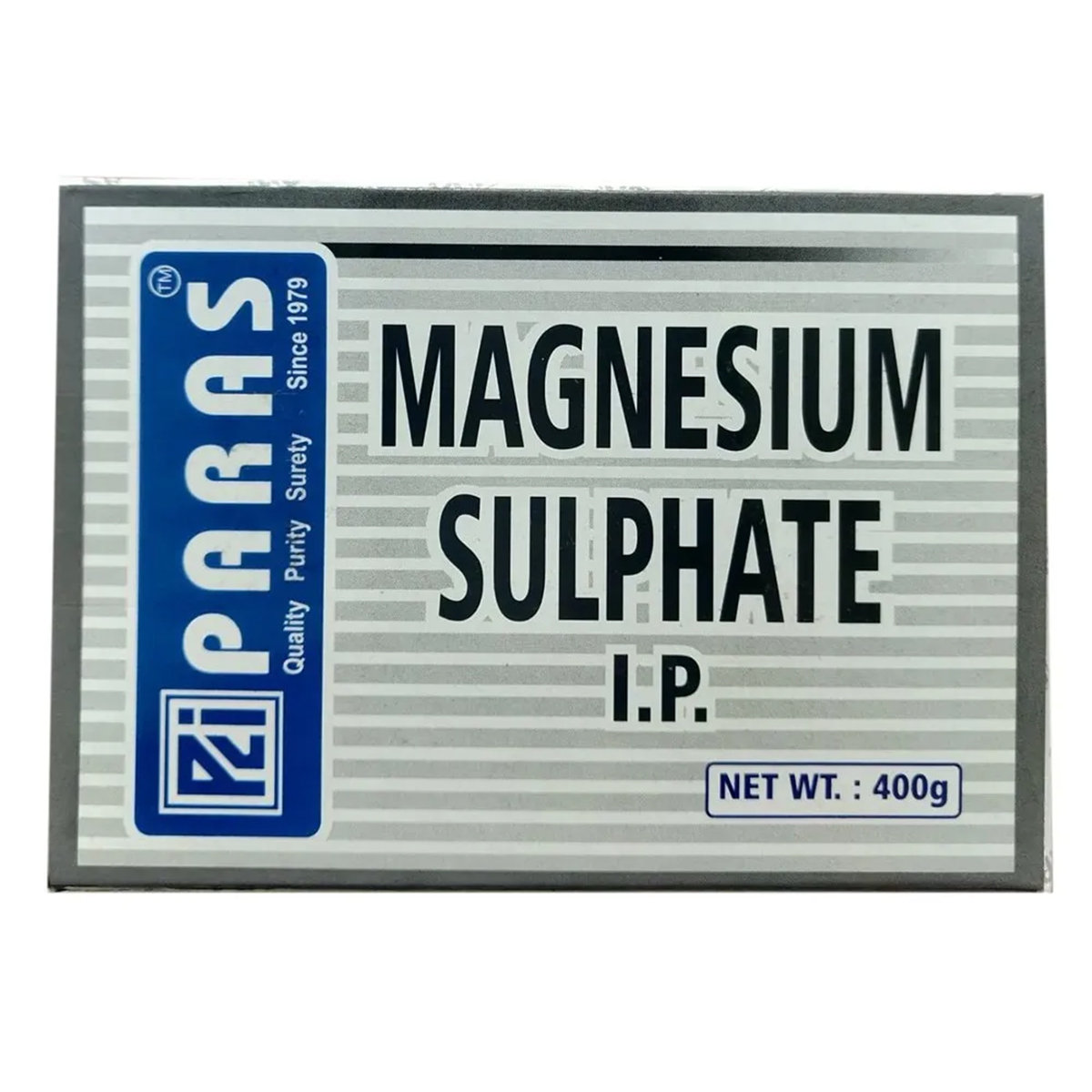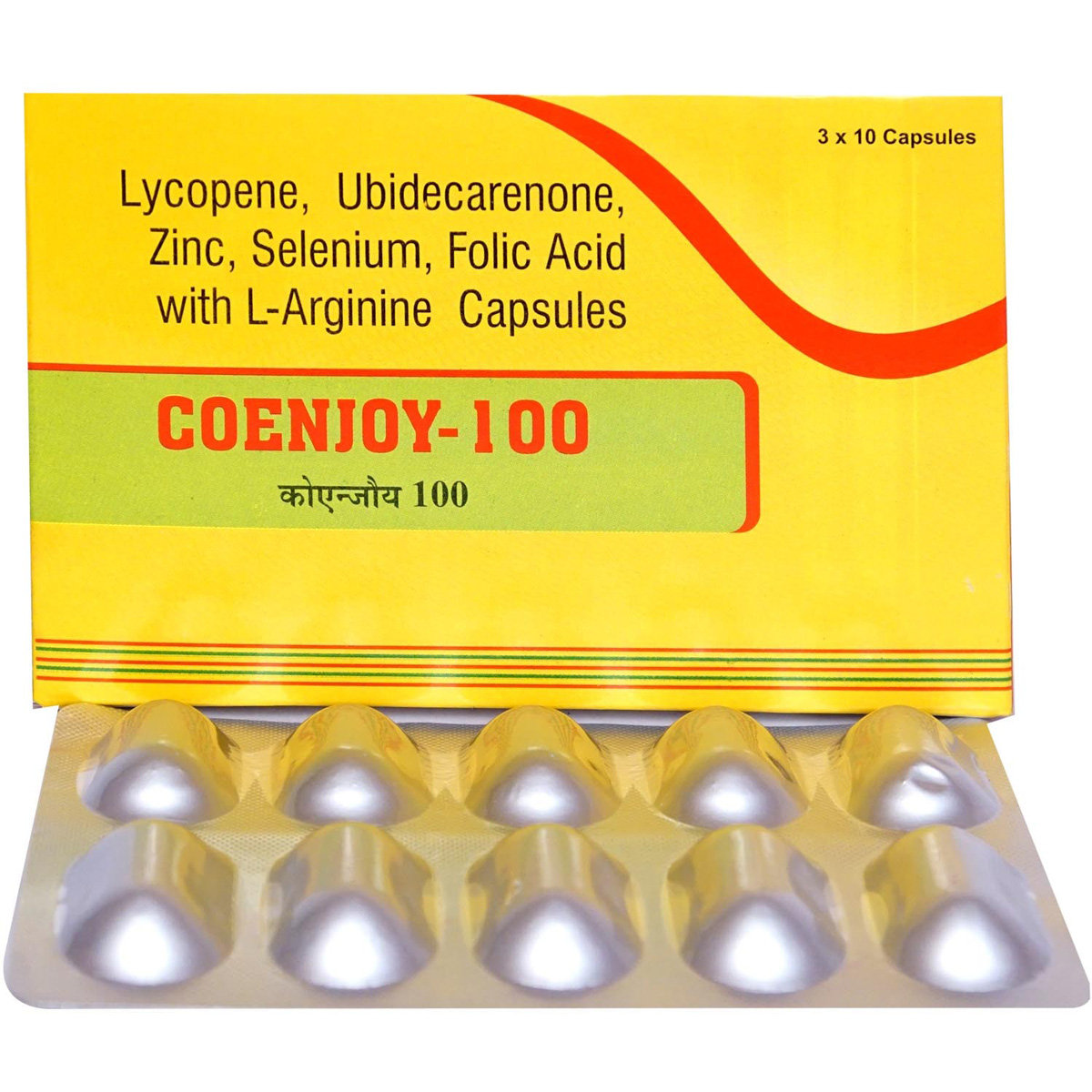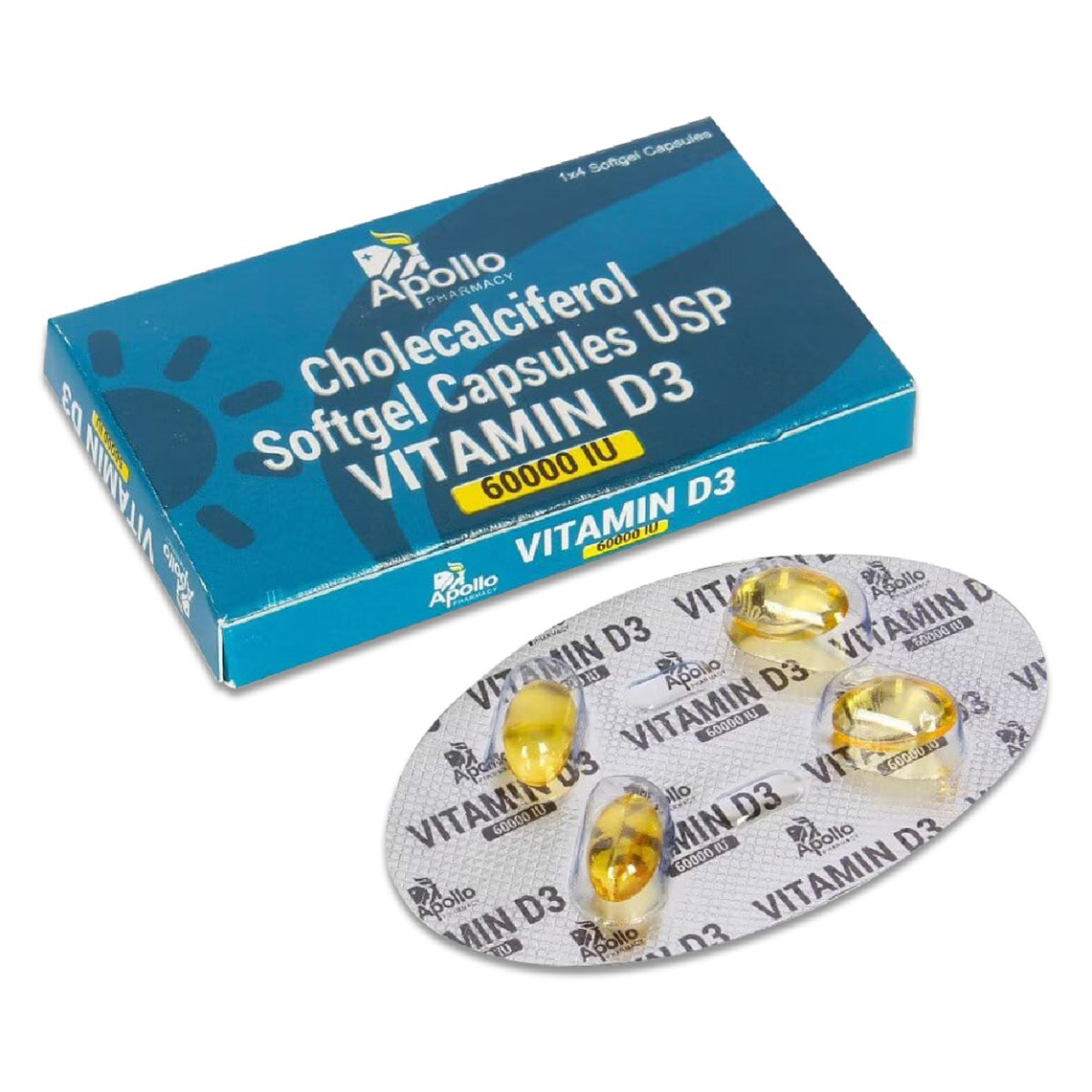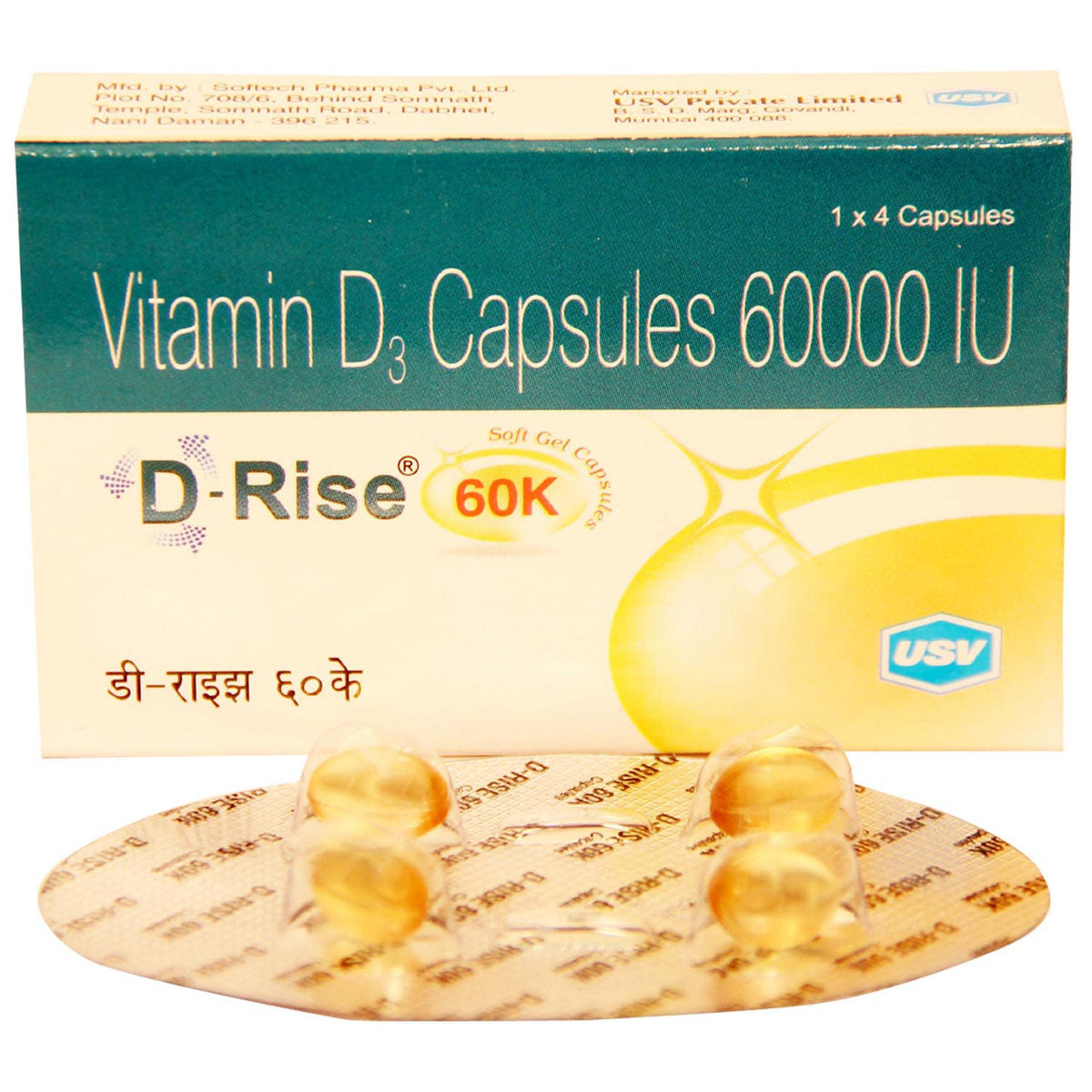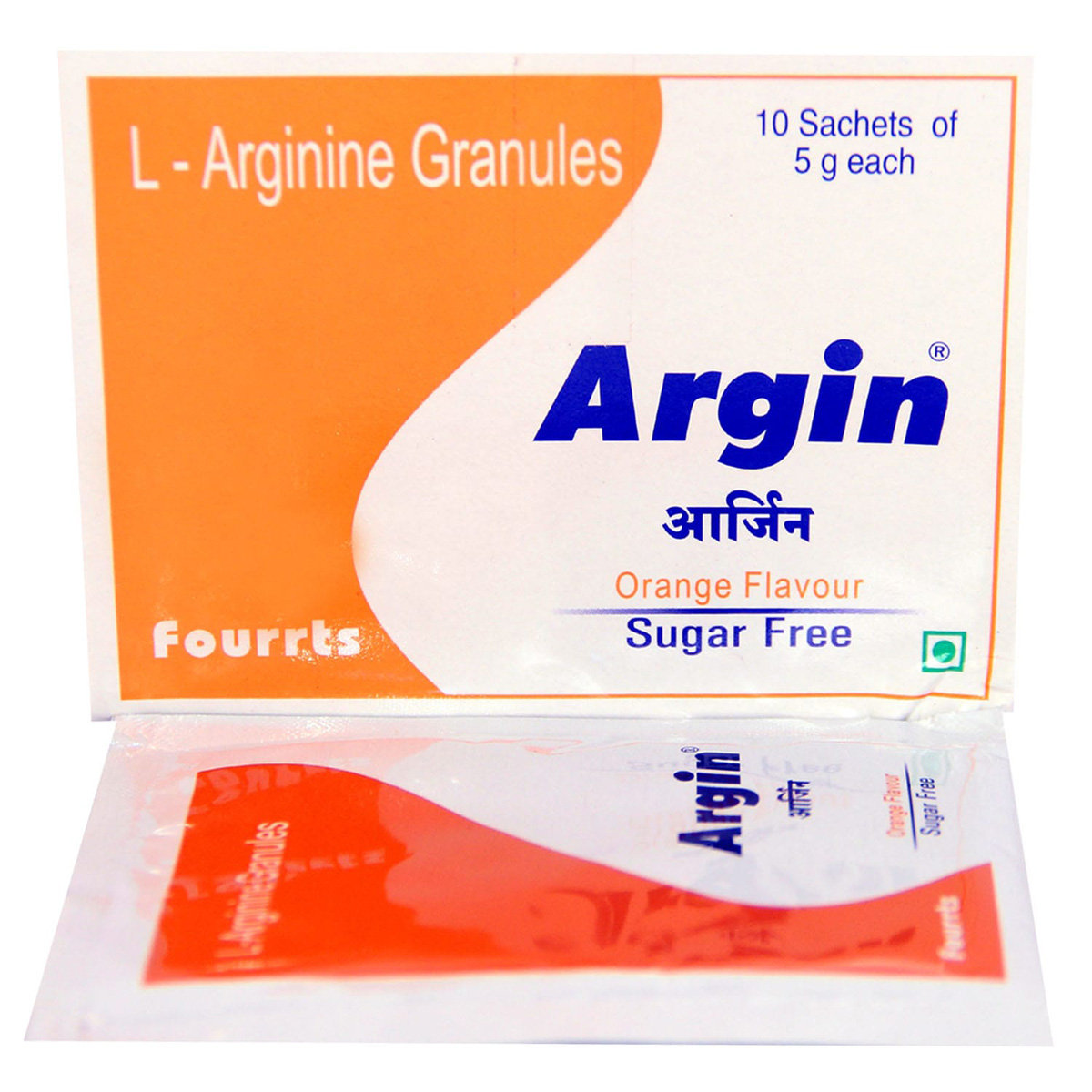Nebicard-SM Tablet
MRP ₹233
(Inclusive of all Taxes)
₹35.0 Cashback (15%)
know your delivery time
Provide Delivery Location
Composition :
Manufacturer/Marketer :
Consume Type :
Expires on or after :
Return Policy :

Secure Payment

Trusted by 8 Crore Indians

Genuine Products
Therapeutic Class
Country of origin
Manufacturer/Marketer address
FAQs
Disclaimer
Alcohol
Safe if prescribed
You are recommended not to consume alcohol along with Nebicard-SM Tablet to avoid unpleasant side-effects.
Pregnancy
Consult your doctor
Nebicard-SM Tablet should not be taken until prescribed. Nebicard-SM Tablet can have some harmful effects on the baby (fetus); your doctor will weigh the benefits and any potential risks before prescribing it to you. Please consult your doctor.
Breast Feeding
Consult your doctor
Nebicard-SM Tablet is usually not recommended in breastfeeding mothers. Limited human data available suggests that the drug does not do any significant harm to the baby. Consume only if benefits outweigh risks.
Driving
Safe if prescribed
It is not recommended to drive after taking Nebicard-SM Tablet as it may occasionally cause drowsiness or fatigue.
Liver
Consult your doctor
Nebicard-SM Tablet to be taken with caution, especially if you have a history of liver diseases/conditions. The dose may have to be adjusted by your doctor.
Kidney
Consult your doctor
Nebicard-SM Tablet to be taken with caution, especially if you have a history of kidney diseases/conditions. The dose may have to be adjusted by your doctor.
Children
Safe if prescribed
Nebicard-SM Tablet is not recommended in children below the age of 6 years. The safety and efficacy of Nebicard-SM Tablet in children have not yet been established.
About Nebicard-SM Tablet
Nebicard-SM Tablet is a combination of blood pressure-lowering medicine primarily used to treat high blood pressure and reduce the further risk of heart attack or stroke. Hypertension or high blood pressure is a chronic condition in which the blood's force against the artery wall is high. As a result, it leads to heart disease, irregular heartbeat, and other complications. Nebicard-SM Tablet lowers your blood pressure and reduces the risk of having a stroke, a heart attack, other heart problems, or kidney problems in the future.
Nebicard-SM Tablet is a combination of S Amlodipine (calcium channel blocker) and Nebivolol (beta-blocker). S Amlodipine acts by relaxing the blood vessels and reducing the heart's workload, and making the heart more efficient at pumping blood throughout the body. Nebivolol helps in relaxing the blood vessels by blocking the action of certain natural substances in the body.
Take Nebicard-SM Tablet as prescribed by your doctor. You are advised to take Nebicard-SM Tablet for as long as your doctor has prescribed it for you, depending on your medical condition. Some people may experience headaches, feeling exhausted and swollen ankles. Most of these side effects of Nebicard-SM Tablet do not require medical attention and gradually resolve over time. However, if the side effects persist or worsen, please consult your doctor.
It is advisable to drink plenty of fluids while taking this medicine to overcome muscle weakness, dry mouth, and extreme thirst. Do not take grapefruit or grapefruit juices with Nebicard-SM Tablet as it can increase the concentration of Nebicard-SM Tablet in the blood and worsen its side effects. Please inform your doctor if you have had an allergic reaction to Nebicard-SM Tablet , are pregnant, plan to get pregnant, are breastfeeding, have liver disease, kidney disease, heart failure, diabetes, a heart valve problem, or heart attack. Reducing the amount of table salt will happen.
Uses of Nebicard-SM Tablet
Medicinal Benefits Mweb
Key Benefits
Nebicard-SM Tablet is a combination of two medicines: S Amlodipine and Nebivolol, which help lower raised blood pressure effectively. S Amlodipine, a calcium channel blocker that acts by relaxing the blood vessels. This reduces the heart's workload and makes the heart more efficient at pumping blood throughout the body. Nebivolol (beta-blocker) helps in relaxing our blood vessels by blocking the action of certain natural substances in your body. This lowers your blood pressure and reduces your risk of having a stroke, a heart attack, other heart problems, or kidney problems in the future. This medicine needs to be taken regularly to be effective.
Directions for Use
Side Effects of Nebicard-SM Tablet
- Bradycardia (slow heart rate)
- Increased blood potassium level
- Cold extremities
- Gastrointestinal disturbances
- Nausea
- Fatigue
Drug Warnings
Don't stop taking Nebicard-SM Tablet without talking to your doctor first. Stopping Nebicard-SM Tablet abruptly may cause changes in your heart rhythm and blood pressure, cause chest pain, or a heart attack. Your doctor will lower your dose gradually over a period of time to help prevent these symptoms. You should not use Nebicard-SM Tablet if you have a very slow heartbeat, asthma, serious heart condition (sick sinus syndrome), or any heart blockage. It should not be given to children less than 6 years of age. Before taking Nebicard-SM Tablet , you should tell the doctor if you have any muscle disorder (myasthenia gravis, rhabdomyolysis), breathing problems (COPD, bronchitis, emphysema), low blood sugar level (hypoglycemia), low blood pressure (hypotension), depression, previous heart failure, liver/kidney disease, thyroid hormone disorder, adrenal gland cancer, or problems with circulation (Raynaud’s syndrome). Prolonged intake of Nebicard-SM Tablet may lead to a lowering of blood pressure. So, you must closely monitor your blood pressure if you ever have had a stroke, heart attack, or currently taking other blood pressure-lowering pills. It is advised to continue taking this drug and not stop taking it suddenly without consulting your doctor.
Drug-Drug Interactions
Drug-Drug Interactions
Login/Sign Up
Coadministration ceritinib with Nebicard-SM Tablet can slow your heart rate and increase the risk of irregular heart rhythm.
How to manage the interaction:
Taking ceritinib with Nebicard-SM Tablet together can possibly result in an interaction, it can be taken if your doctor has advised it. However, if you experience sudden dizziness, lightheadedness, fainting, shortness of breath, chest pain or tightness, rapid heartbeat, or memory loss, contact a doctor immediately. Do not discontinue any medications without consulting a doctor.
Taking Dolasetron and Nebicard-SM Tablet can increase the risk or severity of irregular heart rhythms. The risk increases in patients with a history of heart illness or electrolyte imbalance.
How to manage the interaction:
Taking Dolasetron and Nebicard-SM Tablet together can possibly result in an interaction, it can be taken if your doctor has advised it. However, if you experience sudden dizziness, lightheadedness, shortness of breath, chest pain, or rapid heartbeat, contact a doctor immediately. Do not discontinue any medications without consulting a doctor.
Taking Fingolimod and Nebicard-SM Tablet can increase the risk or severity of irregular heart rhythms. The risk increases in patients with a history of heart illness or electrolyte imbalance.
How to manage the interaction:
Taking Fingolimod and Nebicard-SM Tablet together can possibly result in an interaction, it can be taken if your doctor has advised it. However, if you experience sudden dizziness, shortness of breath, chest pain, or rapid heartbeat, contact a doctor immediately. Do not discontinue any medications without consulting a doctor.
Coadministration of Nebicard-SM Tablet with Theophylline may reduce the effect of Nebicard-SM Tablet.
How to manage the interaction:
Taking Nebicard-SM Tablet with Theophylline together can possibly result in an interaction, it can be taken if your doctor has advised it. However, if you experience symptoms such as nausea, vomiting, insomnia, tremors, restlessness, uneven heartbeats, or difficulty breathing, contact your doctor immediately. Do not discontinue any medications without consulting a doctor.
Combine use of Nebicard-SM Tablet and Ritodrine may decrease the effect of Nebicard-SM Tablet. This can lead to low treatment outcomes.
How to manage the interaction:
Taking Nebicard-SM Tablet and Ritodrine together can possibly result in an interaction, it can be taken if your doctor has advised it. However, if you experience Nausea, Headache, Fatigue, Constipation, Diarrhea, Dizziness, contact a doctor. Do not discontinue any medications without a doctor's advice.
Combined use of Nebicard-SM Tablet with Theophylline may increase the effect of Theophylline.
How to manage the interaction:
Although there is a possible interaction between Theophylline and Nebicard-SM Tablet, you can take these medicines together if prescribed by your doctor. However, if you experience nausea, vomiting, insomnia, tremors, restlessness, irregular heartbeats, contact a doctor. Do not discontinue any medications without a doctor's advice.
Taking Nebicard-SM Tablet with Diltiazem may increase the risk or severity of side effects.
How to manage the interaction:
Taking Nebicard-SM Tablet with Diltiazem together can possibly result in an interaction, it can be taken if your doctor has advised it. However, if you experience fatigue, headache, fainting, weight gain, shortness of breath, chest pain, increased or decreased heartbeat, contact a doctor. Do not discontinue any medications without a doctor's advice.
Co-administration of clonidine and Nebicard-SM Tablet together may lower blood pressure and slow your heart rate.
How to manage the interaction:
Taking clonidine and Nebicard-SM Tablet together can possibly result in an interaction, it can be taken if your doctor has advised it. However, if you experience sudden dizziness, lightheadedness, fainting, shortness of breath, chest pain or tightness, rapid heartbeat, or memory loss, contact a doctor immediately. Do not discontinue any medications without consulting a doctor.
Coadministration of atazanavir with Nebicard-SM Tablet can increase the risk of an irregular heart rhythm.
How to manage the interaction:
Taking atazanavir with Nebicard-SM Tablet together can possibly result in an interaction, it can be taken if your doctor has advised it. However, if you experience dizziness, lightheadedness, fainting, or irregular heartbeat consult a doctor. Do not discontinue any medications without a doctor's advice.
Using saquinavir together with Nebicard-SM Tablet can increase the risk of an irregular heart rhythm that may be serious.
How to manage the interaction:
Taking saquinavir together with Nebicard-SM Tablet can possibly result in an interaction, it can be taken if your doctor has advised it. However, if you experience dizziness, lightheadedness, fainting, slow pulse, irregular heartbeat, contact a doctor. Do not discontinue any medications without a doctor's advice.
Drug-Food Interactions
Drug-Food Interactions
Login/Sign Up
Drug-Diseases Interactions
Drug-Diseases Interactions
Login/Sign Up
Drug-Drug Interactions Checker List
- ALISKIREN
- AMILORIDE
- ENALAPRIL
- CAPTOPRIL
- QUINAPRIL
- DILITAZEM
- THEOPHYLLINE
- AMINOPHYLLINE
- IBUPROFEN
- POTASSIUM
- ATENOLOL
- ACEBUTOLOL
- BISOPROLOL
- CARTEOLOL
- ESMOLOL
- METOPROLOL
- NADOLOL
- SOTALOL
Habit Forming
Special Advise
- Limit intake of sodium chloride (table salt) in your daily diet to 2300 mg per day or less than 1500 mg is ideal for most adults.
Diet & Lifestyle Advise
- Keep your weight under control with BMI (Body Mass Index) 19.5-24.9.
- Do regular physical activity or exercise for at least 150 minutes per week, or about 30 minutes most days of the week. Doing this can help you to lower your raised blood pressure by about 5 mm of Hg.
- Opt for a diet rich in whole grains, fruits, veggies, and low-fat dairy products.
- If you are taking alcohol, then only one serving for women and two servings for men is advisable.
- Quitting smoking is the best strategy to lower the risk of heart disease.
- Avoid chronic stress as it can raise your blood pressure. Try to enjoy and spent time with your loved ones to cope with stress and practice mindfulness techniques.
- Monitor your blood pressure daily and if there is too much fluctuation, then immediately contact your doctor.
- Try to include heart-healthy omega 3 fatty acids containing food drinks in your daily diet. You can also use low-fat cooking oil like olive oil, soybean oil, canola oil, and coconut oil to lower your elevated blood pressure.
All Substitutes & Brand Comparisons
RX
Nebifine-AM Tablet 10's
Troikaa Pharmaceuticals Ltd
₹112.5
(₹10.13 per unit)
51% CHEAPERRX
Out of StockNubeta-SM Tablet 10's
Abbott India Ltd
₹187
(₹16.83 per unit)
19% CHEAPER

Have a query?
Recommended for a 30-day course: 3 Strips

